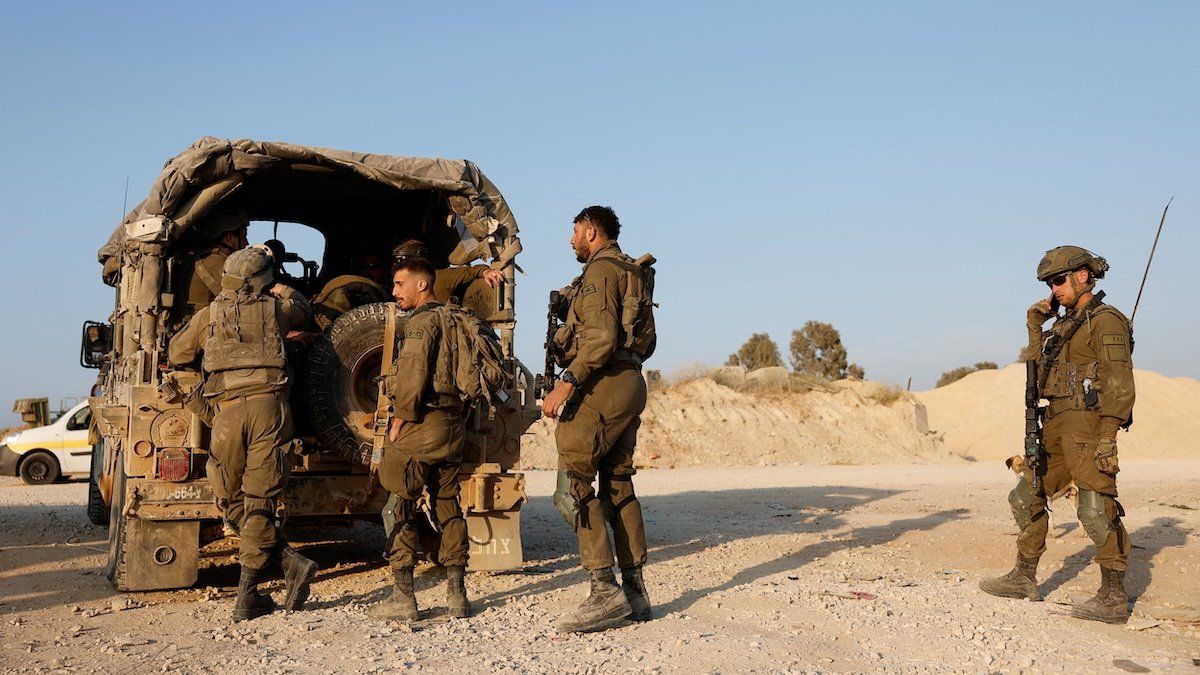Israel pulled troops from Khan Younis in southern Gaza this weekend, but the move doesn’t signal an end to hostilities. Prime Minister Benjamin Netanyahu announced plans Monday for the invasion of Rafah.
“This victory requires entry into Rafah and the elimination of the terrorist battalions there. It will happen — there is a date,” he said, without naming the exact date.
Despite the pullout from Khan Younis, Israeli forces remain elsewhere in Gaza, with the White House indicating that the withdrawal was primarily for rest and reorganization.
It’s all about Rafah. Defense Minister Yoav Gallant said troops were withdrawn from Khan Younis to prepare for “their future mission in the Rafah area.”
Israel’s plan to invade Rafah, the southern city where over a million Palestinians are sheltering, has been in the works for weeks and has faced fierce pushback from across the globe — including from Western allies like the US.
After Israeli strikes recently killed seven aid workers in Gaza, Washington appeared to warn Israel that US military aid could be conditioned if the IDF didn’t take more steps to protect civilians. Israel subsequently announced it would open more aid routes into Gaza.
Meanwhile, cease-fire talks have resumed in Cairo, with conflicting reports about their progress. Israeli officials suggest negotiations are at a “critical point,” while Hamas claims they are deadlocked.



















